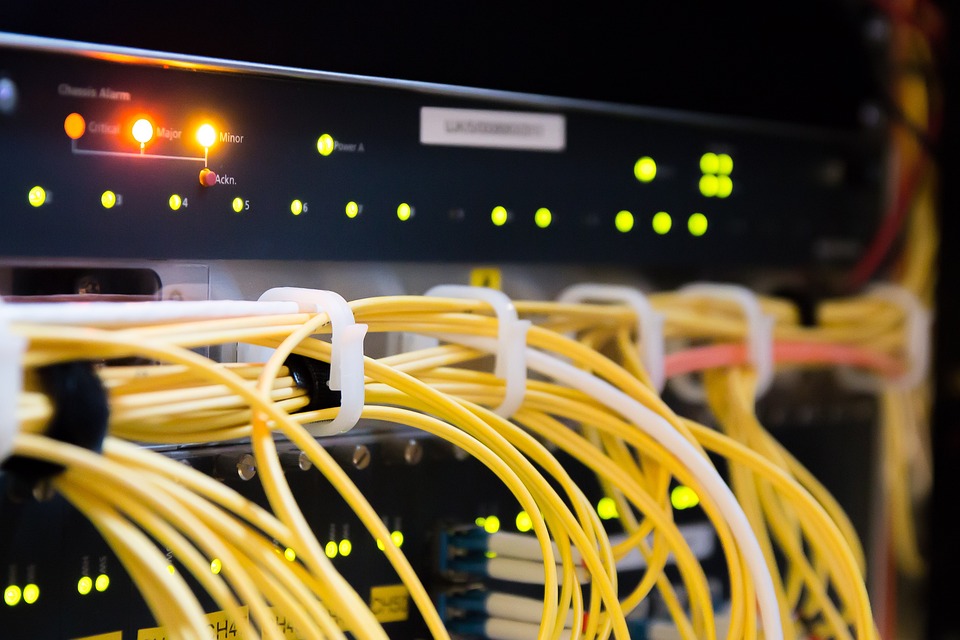Revolutionizing Event Marketing with Technology: A Guide for Businesses
In today’s highly competitive and fast-paced business world, technology plays a crucial role in the marketing strategies of organizations of all sizes. Among the most effective ways to promote a brand is through events, which can range from small seminars to large-scale industry expos. However, hosting an event is not an easy task and requires time, effort, and resources to ensure its success. This is where technology can help revolutionize event marketing by enhancing the overall experience for attendees and making it easier for businesses to reach their marketing targets.
In this article, we will explore how businesses can use technology to create engaging events and increase their ROI (return on investment) by leveraging the latest trends in event tech. From virtual and hybrid events to gamification and data analytics, we will provide you with valuable insights into the best practices for using technology to market your events successfully.
Key Takeaways:
– Events are an effective way for businesses to promote their brand and generate leads
– Technology is essential for creating engaging events and increasing ROI
– Virtual and hybrid events are gaining popularity due to their accessibility and affordability
– Gamification and data analytics can help businesses create personalized experiences and measure performance
1. Virtual and Hybrid Events
Virtual events have been around for some time, but the COVID-19 pandemic has accelerated their adoption as organizations have been forced to cancel or postpone in-person events. The beauty of virtual events is that they can be attended from anywhere in the world, eliminating the need for attendees to travel, book hotels, and incur additional expenses. This makes them more accessible and affordable compared to traditional events, which can benefit both attendees and organizers.
Virtual events can take many forms, including webinars, live streaming, and on-demand content. They offer a range of engagement opportunities such as Q&A sessions, polls, and interactive presentations. Additionally, virtual events allow organizers to track attendance, collect data, and measure performance, providing valuable insights for future event planning and marketing.
Hybrid events are another popular option, which combine in-person and virtual elements. By hosting a hybrid event, businesses can reach a wider audience by offering both physical and virtual attendance options. This allows attendees who cannot travel to still participate and interact with the event while experiencing it remotely.
2. Gamification
Gamification is a technique that uses game design elements to make events more interactive and engaging. By incorporating elements such as quizzes, scavenger hunts, and challenges, businesses can create a fun and unique experience for attendees. This strategy has been shown to increase retention rates and enhance engagement, as attendees are more likely to remember information presented to them in a gamified format.
Gamification can also be used to incentivize attendees to take specific actions, such as visiting exhibition booths or completing surveys. This can help businesses generate leads and gather valuable feedback from their audience.
3. Data Analytics
Data analytics can help businesses measure the success of their events and gain insights into their audience. By tracking metrics such as attendance, engagement, and conversion rates, businesses can analyze how their events performed and identify areas for improvement. This information can be used to adapt future events and enhance their overall effectiveness.
Additionally, data analytics can help businesses create personalized experiences for their attendees. By collecting data on attendee behavior and preferences, businesses can tailor their marketing messages and event content to suit the interests and needs of their audience. This can lead to increased engagement and a higher ROI.
Conclusion:
Event marketing is a powerful tool that can help businesses promote their brand and generate leads. However, hosting a successful event requires a strategic approach and the use of technology to enhance attendee experience and measure performance. From virtual and hybrid events to gamification and data analytics, businesses can leverage the latest event tech to create engaging and successful events.
FAQs:
1. How can virtual events benefit businesses?
Virtual events can benefit businesses by offering accessibility and affordability to attendees, providing valuable data and insights, and increasing the reach and ROI of the event.
2. What is gamification?
Gamification is a technique that uses game design elements to make events more interactive and engaging.
3. How can businesses use data analytics in event marketing?
Businesses can use data analytics to measure the effectiveness of their events, gain insights into their audience, and create personalized experiences to increase engagement.
4. What is a hybrid event?
A hybrid event is an event that combines in-person and virtual elements, allowing attendees to participate in person or remotely.
5. Can gamification be used in any type of event?
Yes, gamification can be used in any type of event to increase engagement and retention rates.






